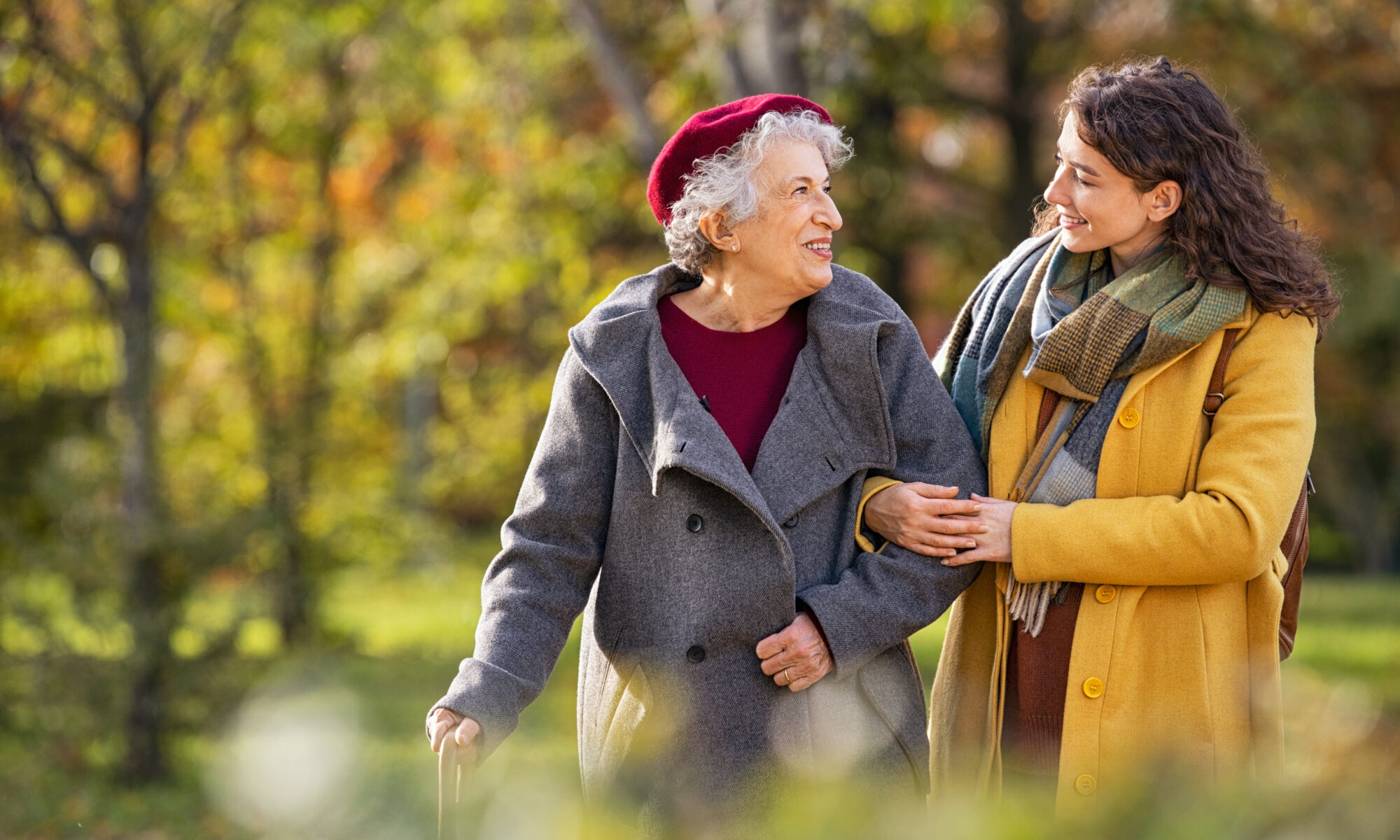
Table of Content
Many families assume hiring a caregiver means taking away their senior loved one’s autonomy. Professional caregivers actually play a crucial role in helping seniors maintain their independence while staying safe and comfortable in their own homes.
Finding the Balance between Support and Independence
Effective caregiving involves knowing when to step in and when to step back. Professional caregivers are trained to assess each senior’s capabilities and provide assistance only where needed. This approach allows seniors to continue performing tasks they can manage while receiving help with more challenging activities.
The goal is to create a supportive environment that builds confidence rather than dependency. Caregivers work alongside seniors to identify areas where they can maintain control over their daily routines and decisions.
Promoting Physical Independence through Assistance
Caregivers help seniors maintain their physical capabilities through various support strategies:
- Mobility assistance – Providing stability during walking or transferring between furniture
- Medication organization – Reminding seniors about dosing schedules
- Fall prevention – Identifying hazards in the home and suggesting safety modifications
- Exercise encouragement – Supporting seniors in staying active through gentle activities and stretching
By addressing physical limitations, caregivers enable seniors to continue participating in activities they enjoy while reducing the risk of accidents or health complications.
Not every senior has the same care needs, which means they don’t all need the same type of home care service. Wilmington families can rely on Assisting Hands Home Care to provide individualized care plans to meet their elderly loved ones’ unique care needs. Our caregivers help seniors focus on healthy lifestyle habits such as eating nutritious foods, exercising regularly, and maintaining strong social ties, and we offer mentally stimulating activities that can boost cognitive health and delay the onset of dementia.
Supporting Daily Living Activities
Rather than taking over household tasks completely, skilled caregivers work collaboratively with seniors on daily activities. This might involve preparing meals together, with the caregiver handling more strenuous tasks like lifting heavy pots while the senior contributes by chopping vegetables or seasoning dishes.
For personal care needs, caregivers respect seniors’ preferences and privacy while ensuring safety. They may assist with bathing preparation or provide reminders about hygiene routines without being intrusive or controlling.
When considering elder care, families should make sure their senior loved ones have the resources they need to maintain their independence and remain healthy. Trusted in-home care professionals can assist seniors with daily tasks like cooking, bathing, and exercise, and they can also encourage them to focus on healthier lifestyle habits.
Maintaining Social Connections and Mental Stimulation
Isolation can significantly impact a senior’s sense of independence and overall wellbeing. Caregivers play an important role in facilitating social interactions by:
- Arranging transportation to social events or medical appointments
- Encouraging communication with family and friends
- Participating in mentally stimulating activities like puzzles, reading, or games
- Connecting seniors with community resources and programs
These activities help seniors stay engaged with their communities and maintain the social relationships that contribute to their quality of life.
Empowering Decision-Making and Personal Choice
One of the most important ways caregivers support independence is by respecting seniors’ right to make their own choices. This includes allowing seniors to decide their daily schedules, meal preferences, and how they want to spend their time.
Professional caregivers understand that maintaining control over personal decisions is essential for emotional wellbeing and self-esteem. They provide information and support to help seniors make informed choices about their care and daily activities.
Caregivers also advocate for their clients’ preferences when communicating with family members or healthcare providers, ensuring the seniors’ voices remain central to care planning decisions.
Living independently is important for seniors who want to maintain a high quality of life. For some, this simply means receiving help with tasks that have become more challenging to manage over time. Even when families have the best intentions, they may not have the time to provide the care their elderly loved ones need and deserve. If your loved one needs help for a few hours a day or a few days a week, reach out to Assisting Hands Home Care, a trusted provider of respite care Wilmington seniors can depend on. If your loved one needs professional care, Assisting Hands Home Care is here to help. To hire a compassionate, dedicated caregiver, call us today.








